Activism: Voting Rights
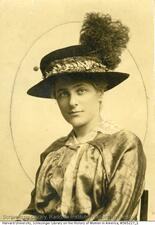
Pauline Goldmark
Pauline Goldmark was a social worker and activist, part of a group of women seeking the vote and reforms of the urban and industrial excesses of the early twentieth century. A pioneer in methods of social research central to reform efforts, Goldmark was indispensable to labor rights initiatives.

Janice Goodman
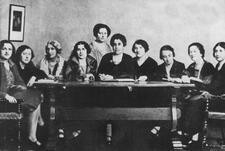
Romana Goodman
Romana Goodman (1885-1955) was a staunch feminist and passionate Zionist who helped establish the influential Women’s International Zionist Organization (WIZO) in 1918. During her career, she was also a founding member of the Jewish Women’s League for Cultural Work in Palestine, helped lead several Zionist conferences, and assisted in the creation of the first B’nai B’rith women’s lodge in England in 1919.
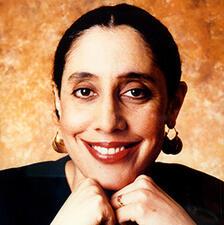
Lani Guinier
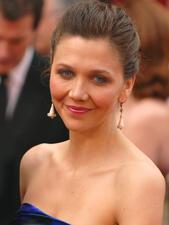
Maggie Gyllenhaal
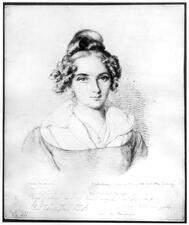
Habsburg Monarchy: Nineteenth to Twentieth Centuries
Jewish women in the Habsburg Monarchy experienced the stresses and strains of nineteenth- and twentieth-century Jewish life as Jews, as women of their particular social classes, and as inhabitants of the different regions of the Monarchy. In some regions, they modernized and acculturated, but the overwhelming majority remained deeply pious, traditional Jews.
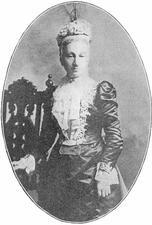
Esther Herrman
Esther Mendels Herrman’s generosity and activism helped create many vital Jewish and secular institutions, from Barnard College (where she is considered a “founder”) to the 92nd Street Y

Faith Holsaert
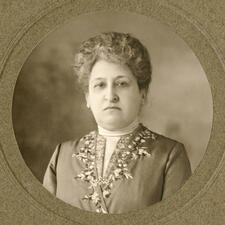
Aletta Henriette Jacobs
A pioneer in many realms—birth control, women’s suffrage, peace activism, and envisioning a wider future for women—Aletta Henriette Jacobs began her career as the Netherland’s first women physician in 1879. She went on to participate in many women’s rights conferences and was a staunch anti-war activist, traveling to the Hague and the United States to advocate her position.
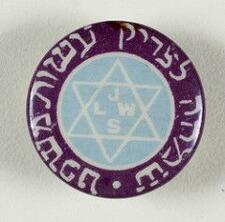
Jewish League for Woman Suffrage
The Jewish League for Woman Suffrage (JLWS) was the only Jewish women’s organization in England—and the world—devoted exclusively to obtaining both national and Jewish suffrage for women.
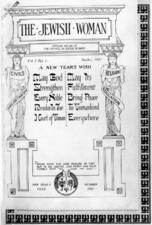
The Jewish Woman
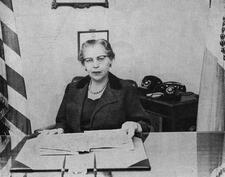
Anna Moscowitz Kross
Matilda Steinam Kubie
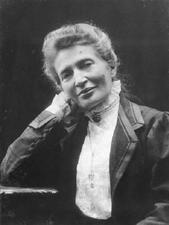
Anna Kuliscioff
Born in Russia but educated in Switzerland, Anna Kuliscioff became one of the key figures in Italy’s early socialist movement and was a feminist advocate who concentrated on poor women’s issues. In her later life, she helped publish a socialist periodical and hosted a prominent salon, often with her partner Filippo Turati.

Clara Lipman
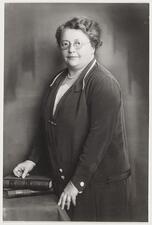
Rosa Manus
Rosa Manus was a Dutch leader in international women’s movements for suffrage and equality, as well as a vocal pacifist before and during World War II. As a Jew, she at times clashed with other feminist leaders.
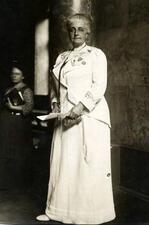
Maud Nathan
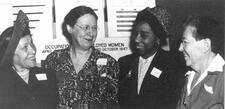
Pauline Newman
Pauline Newman played an essential role in galvanizing the early twentieth-century tenant, labor, socialist, and working-class suffrage movements. The first woman ever appointed general organizer by the International Ladies Garment Workers Union (ILGWU), Newman continued to work for the ILGWU for more than seventy years—first as an organizer, then as a labor journalist, a health educator, and a liaison between the union and government officials.
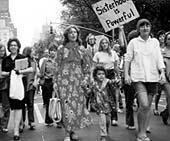
Trudy Orris
Politics in the Yishuv and Israel
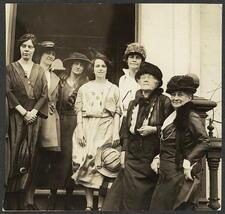
Anita Pollitzer
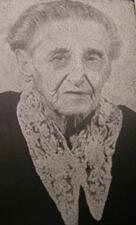
Puah Rakovsky
Puah Rakovsky dedicated her life to working towards the empowerment of Jews, particularly of Jewish women. She was a revolutionary woman, taking on important roles as an educator, translator, organizer of women, and an early socialist Zionist.
Bertha Floersheim Rauh
Dedicating her life to ameliorating the condition of the poor, the oppressed, and the sick, Bertha Floersheim Rauh first worked for over twenty years as a volunteer and for twelve years as Director of the Department of Public Welfare of the City of Pittsburgh. She brought about many reforms in the public services sphere throughout her career and was highly regarded by her colleagues and the communities she served.
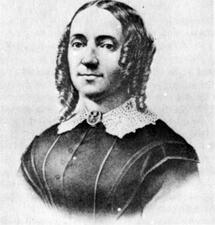
Ernestine Rose
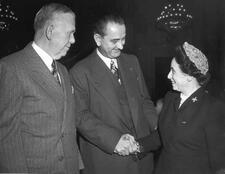
Anna Rosenberg
Anna Lederer Rosenberg was an administrator, diplomat, and public relations and manpower expert who advised multiple presidents. In 1950 she became the first female Assistant Secretary of Defense. Deeply admired by military and government leaders, Rosenberg’s success demonstrates how deftly she maneuvered within these male-dominated arenas.


